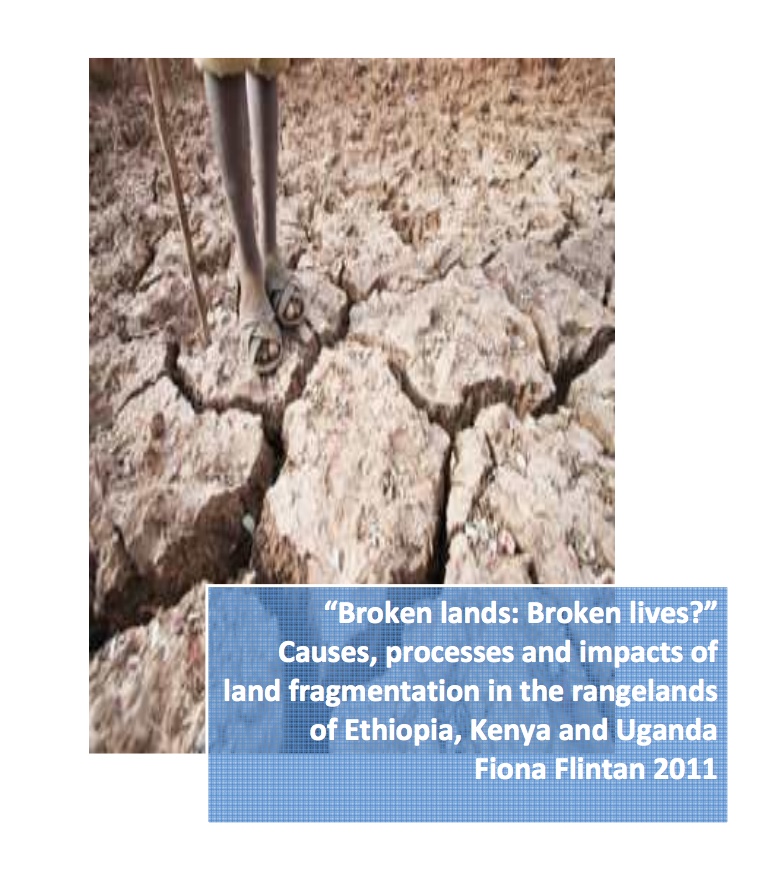Postwar Resource Tenure Issues in the Settlement of Sudan's Dislocated Population
The number of displaced people in Sudan as a result of conflict and famine over nearly two decades of war has been estimated to be in the millions. The lengthy period of time that many local populations have been dislocated and the consequent disruption of food producing activities poses complicated problems in both near-term food security and the longer-term rehabilitation of the country's traditional agricultural sector. Recovery of households and production systems after years of conflict and famine for the displaced will involve more than simply a return to home areas.



